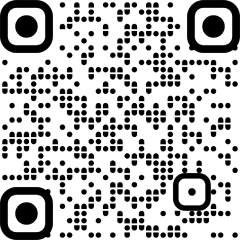
Nagpur: The Government Medical College and Hospital (GMCH), Nagpur, has introduced the first nuclear medicine department in state GMCs at its Super Specialty Hospital. This cutting-edge medical facility, which started on January 5, is crucial for identifying the extent of disease in the body and has already provided services to 19 patients since its inception.
Nuclear medicine goes beyond conventional diagnostic tools like X-rays and CT scans. By using advanced technology such as gamma cameras, this department can accurately determine the presence of cancer, evaluate the response to ongoing treatment, and pinpoint the number of affected cells. It also aids in diagnosing conditions related to the heart, endocrinology, thyroid, renal transplant, and neurological disorders, guiding the course of treatment with unmatched precision.
The establishment of this department was a six-year journey. Initially approved in 2017-18 under the district annual plan with a budget of Rs8.3 crore, the proposal faced delays until Dr Raj Gajbhiye, dean of GMCH, took charge. His persistent follow-up ensured renewed approval, and the District Planning Committee sanctioned nearly Rs9.5 crore to bring the department to life.
Dr Gajbhiye said nuclear medicine is an ultramodern diagnostic and therapeutic modality that benefits patients immensely while offering academic opportunities for medical students. “The department will also support the future cancer hospital, making it an essential addition to the healthcare infrastructure,” he added.
Nuclear medicine proves especially beneficial for cardiac patients too. It accurately assesses the condition of the heart muscles after a cardiac arrest, identifying the extent of damage and guiding treatment. For instance, if the heart muscles are dead, procedures like stent placements may not be effective. This precise diagnosis can prevent unnecessary treatments and optimise care.
Nuclear medicine uses small amounts of radioactive material to diagnose and treat various diseases. It provides detailed images of the body’s organs and identifies abnormalities at the cellular level, enabling early and effective treatment. Unlike traditional diagnostic methods, it gives a functional overview, making it indispensable in detecting and managing complex conditions.
The newly operational department at GMCH’s Super Specialty Hospital is poised to revolutionise healthcare in Nagpur and surrounding areas, offering advanced care and improved outcomes for patients across Maharashtra.
BOX
Breakthrough Services Provided
11 DTPA Renal Scans: Also known as nuclear renal imaging, these scans assess kidney function in detail
5 Thyroid Tests: These include evaluations for hyperthyroidism, thyroid cancer, or nodules
3 Bone Scans: Using MDP bone scans, conditions related to bone health were diagnosed






